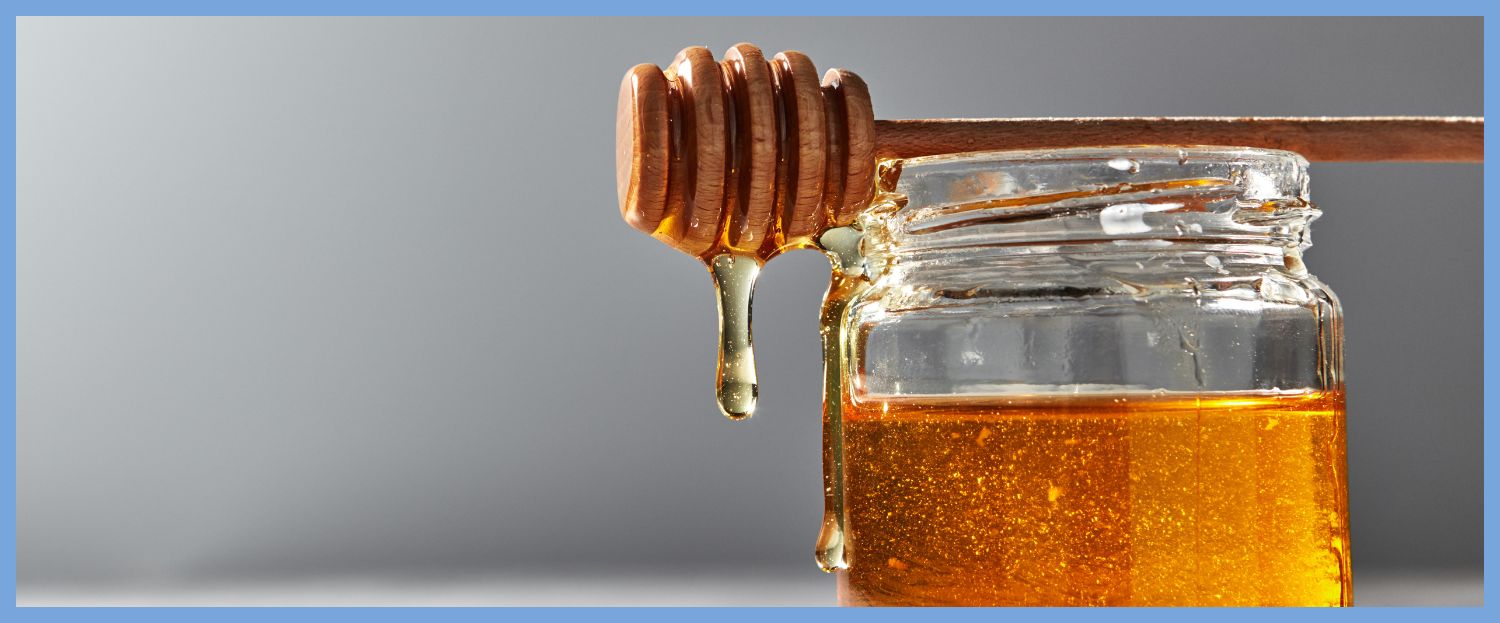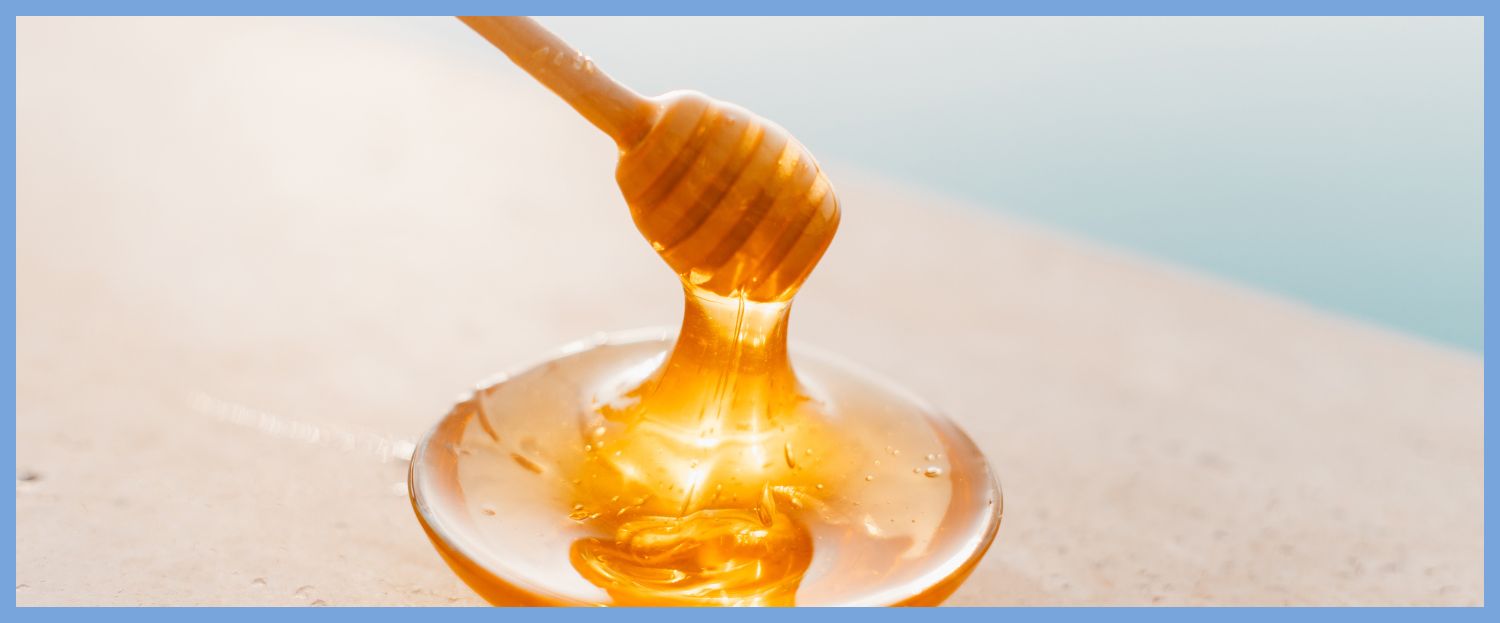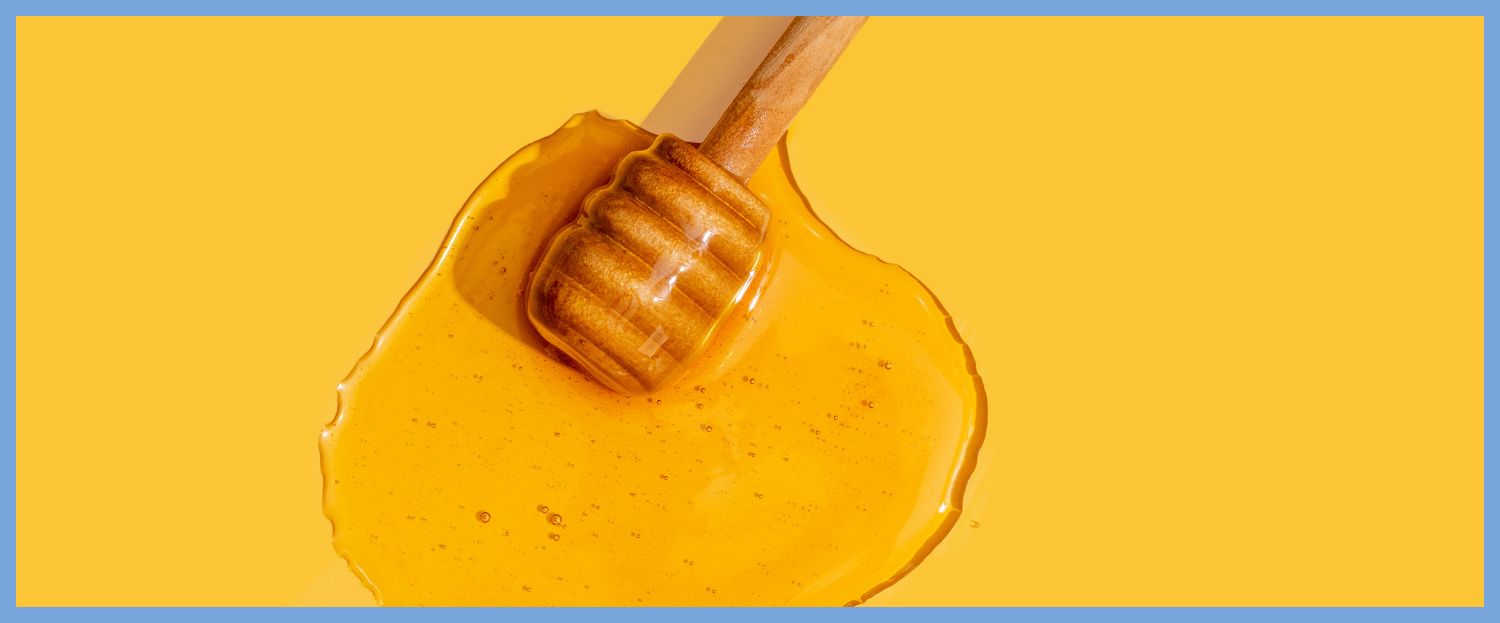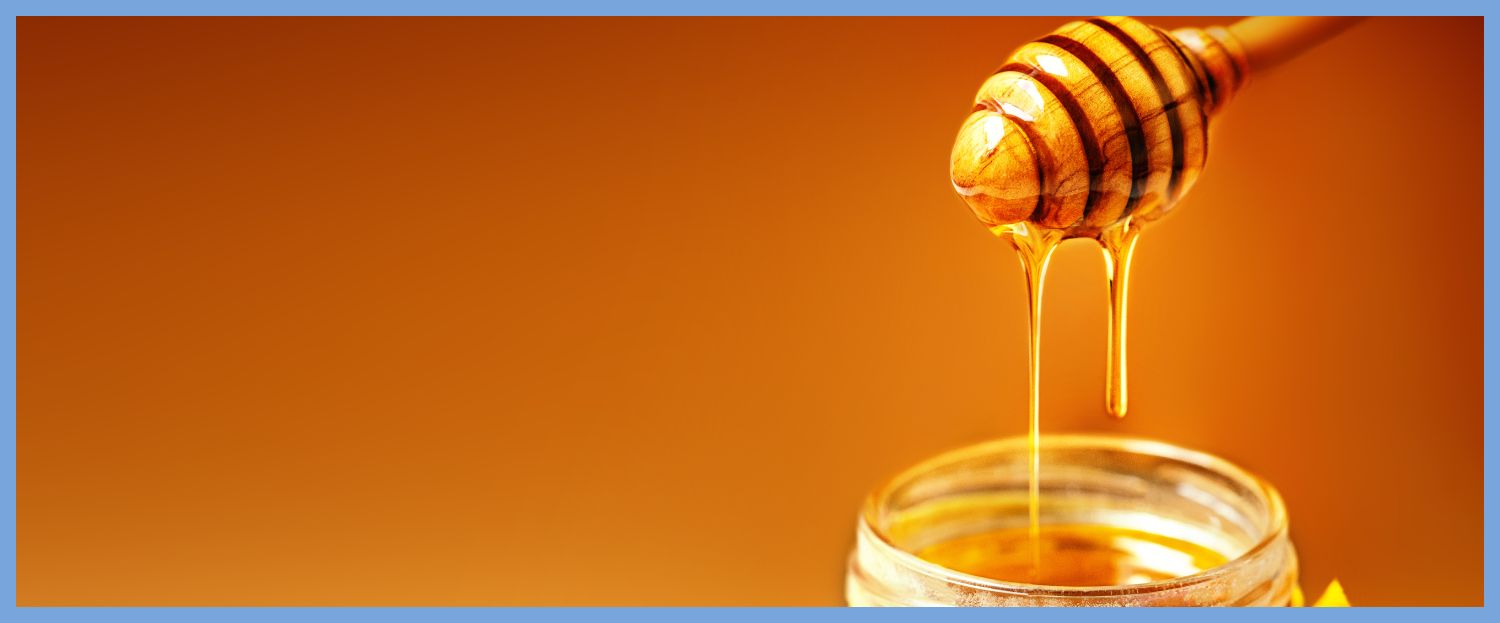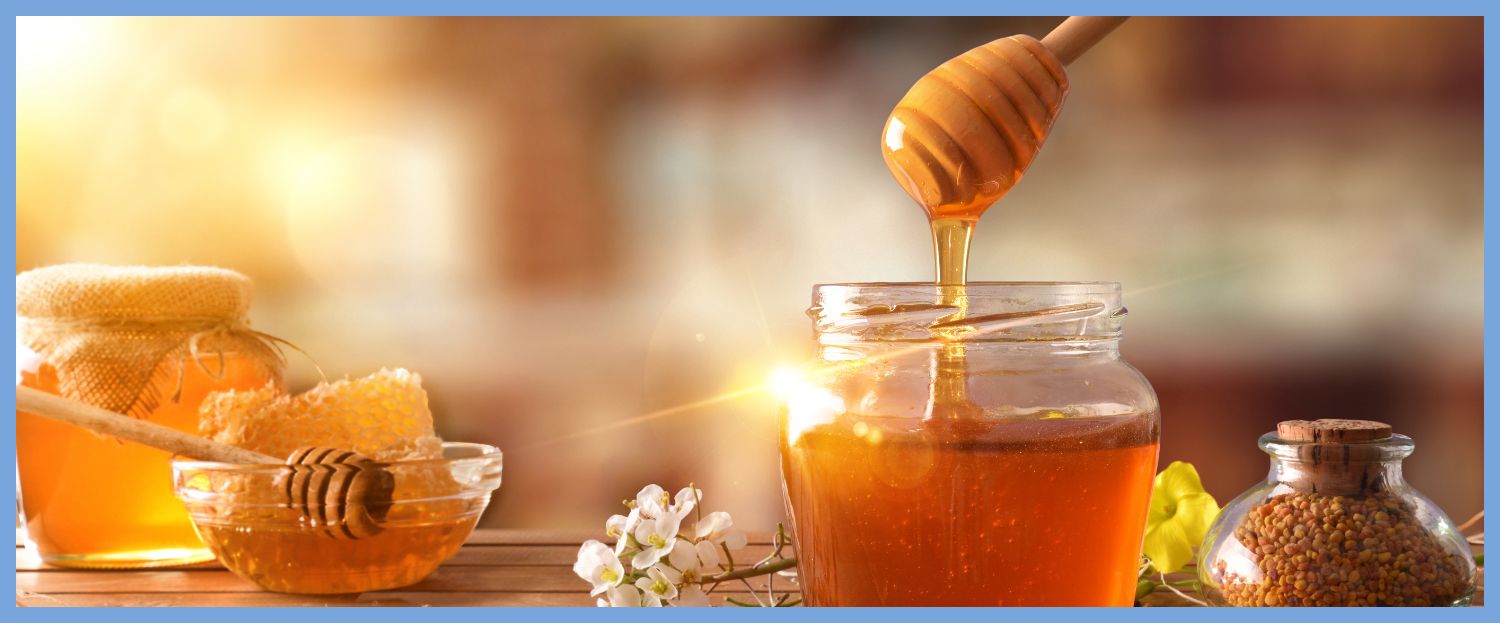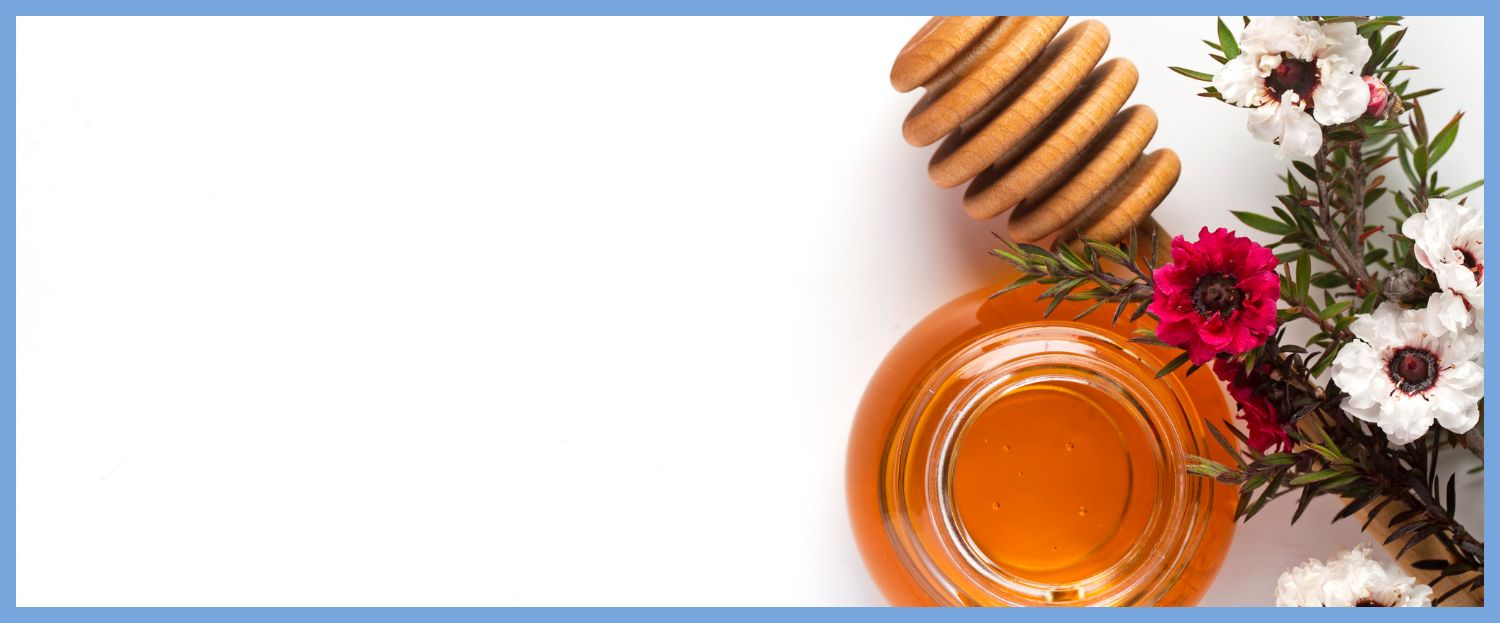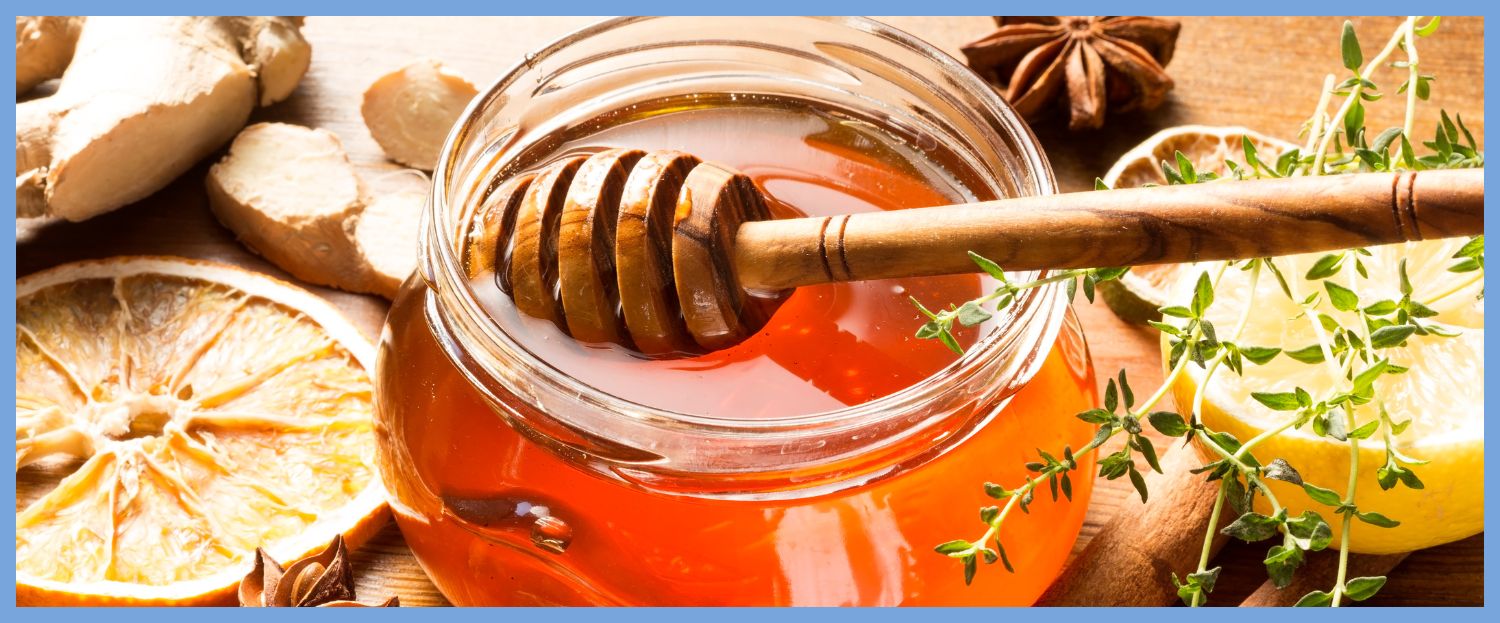Does Honey Help You Sleep? The Sleep-Benefits of Honey
If you're someone who tosses and turns at night, struggling to catch those much-needed Z's, you've probably explored a multitude of remedies to usher in a blissful night of sleep. From aromatherapy to meditation, from prescription medications to hot chocolate and dark chocolate, there's a seemingly endless list of options. But have you considered the sweet elixir that is honey? Yes, that's right - our question of the day is, "Does honey help you sleep?"
Join me as we delve into the science behind this age-old, golden liquid and uncover its potential benefits as a natural sleep aid.
What if the solution to your sleepless nights has been hiding in your pantry all along? The idea of honey as a sleep aid may seem too sweet to be true, but as we navigate through the research and anecdotal evidence, you might find yourself reaching for a jar of this bee-made wonder at bedtime.
We'll explore a range of fascinating factors, from honey's influence on the hormonal balance that regulates our sleep to its potential for soothing coughs and promoting a steady glycogen supply for our bodies overnight. Honey might be more than just a delicious addition to your tea or toast - it might just be your ticket to dreamland.
Stay with me as we unravel the potential of honey, your possible partner in achieving better, more restful sleep.
In the sections that follow, we will list and delve into the myriad ways that honey may aid in sleep. So, whether you're a sleep-deprived soul seeking solutions or a curious reader, let's embark on this sweet journey of discovery together. And who knows? You might just find your bedtime routine becoming a little bit sweeter.
